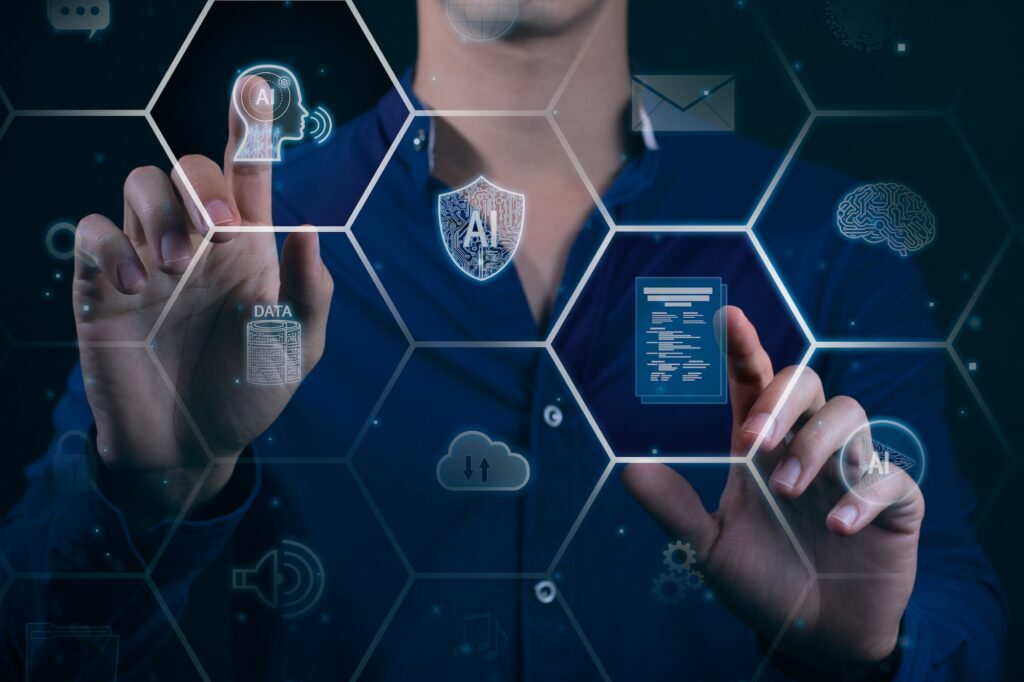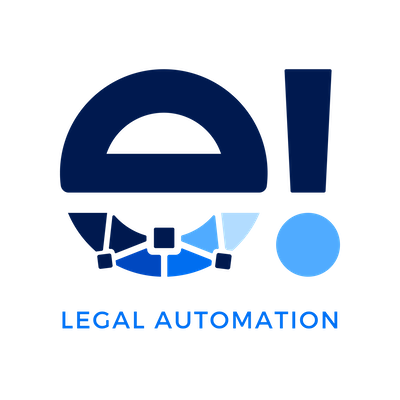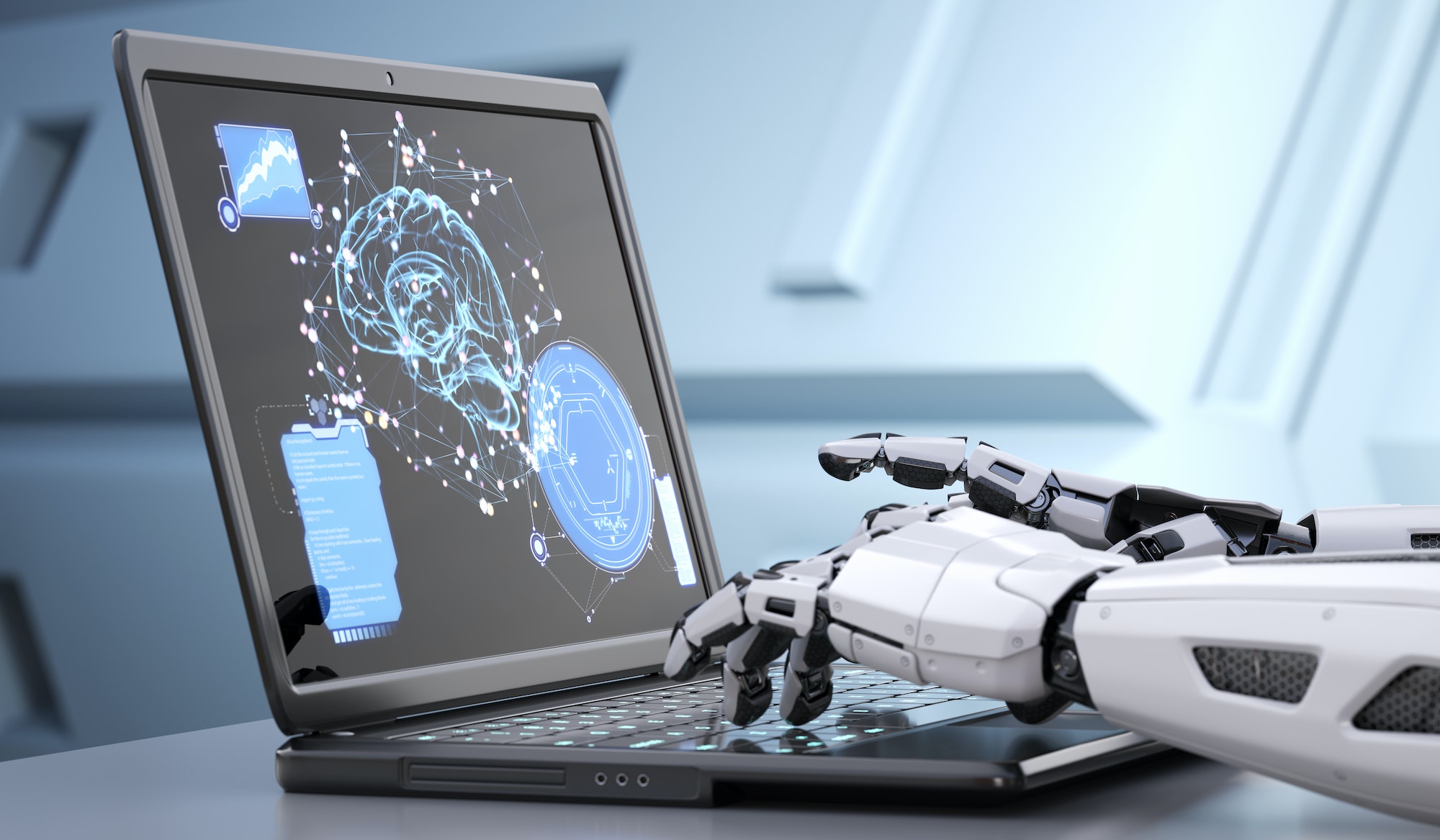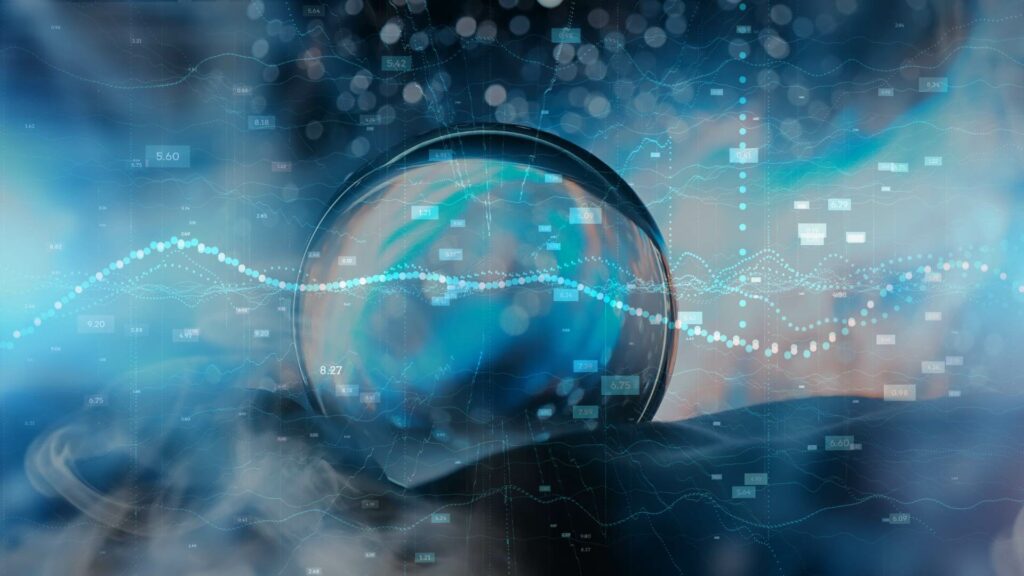Machine learning, a subset of artificial intelligence (AI), is revolutionizing the legal profession, a complex field that requires significant time and resources for various tasks. Among these tasks, the management of court notifications stands out as a critical yet time-consuming process. Traditionally, this task has been performed manually, demanding substantial human resources.
However, with the advent of machine learning, this crucial aspect of legal practice is undergoing a transformation. Machine learning enables faster, more efficient management of court notifications, transforming the way legal professionals handle this task and ensuring the quality of work remains uncompromised.
The Role of Court Notification Management
Court notification management is a fundamental aspect of a lawyer’s daily routine. These notifications serve as the primary communication channel between the court and the parties involved in a case. They inform the parties about the progress of the case, including any decisions made by the court, upcoming hearings, and deadlines for submitting documents or responses.
While certain aspects of court notifications require legal expertise, such as interpreting the implications of a court decision or drafting responses, the actual administration of notifications often entails repetitive tasks of limited value. These tasks include receiving and opening the notifications, reading and understanding their content, categorizing them based on their nature, and filing them for future reference.
These tasks, due to their predictable and controllable outcomes, are ripe for automation.

Standardization and Automation in Judicial Proceedings
Judicial proceedings are extensively standardized by procedural laws, which meticulously define each stage of the process. These laws provide a roadmap for how a case should proceed through the court system, from the initial filing of a lawsuit to the final judgment. Judicial notifications and written documents are integral parts of this procedural framework. They serve as the official record of the proceedings and ensure that all parties are kept informed about the progress of the case.
The potential actions and responses for each stage of the proceedings are unequivocally established by these procedural laws. For example, upon receiving a notification about a court decision, the parties may be required to submit a response within a certain timeframe or prepare for an upcoming hearing. By understanding these potential actions or decisions, it becomes clear that many of these tasks can be automated.
The Impact of Machine Learning
Machine learning technology has the potential to revolutionize court notification management. By processing all notifications in bulk and replicating the aforementioned steps, machine learning significantly streamlines document management for legal cases.
Consider a law firm that receives an average of 50-100 notifications daily. With machine learning, these notifications can be uploaded in bulk, processed, and the results integrated into the management software with just a few clicks. This automation can save an average of 2 to 4 hours of work per day, assuming an average management time of 1-2 minutes per notification.
Accessibility and Benefits of Machine Learning Solutions
Machine learning solutions are not exclusive to large legal firms. These services are accessible to all, irrespective of the firm’s size or the volume of court notifications they handle. The processed results can be effortlessly integrated into the client’s existing Enterprise Resource Planning (ERP) system, simplifying the adoption and usage of these solutions.
The benefits of machine learning in legal tech are manifold. It offers faster research with less risk of inaccuracies or missing documents, providing legal professionals with a competitive edge. Machine learning also helps legal practitioners prepare for litigation, draft documents, and verify their work products, reducing the time and cost of legal work.
Furthermore, machine learning can assign work to the right lawyers and provide case management tools. By leveraging the vast amount of data in the court system’s public records, machine learning delivers significant efficiency and cost-saving benefits. By automating routine tasks, machine learning is set to revolutionize the legal sector.

The Future of Legal Tech
The integration of digital tools and artificial intelligence in court file management promises an unprecedented revolution. Automation proficiently handles repetitive and routine activities, while artificial intelligence adds immense value to document management processes. This results in heightened efficiency and agility in information and documentation exchange between parties, optimizing the time and resources invested in processing case documents.
Conclusion
The future of legal tech is brimming with potential, poised to revolutionize the legal industry. The seamless integration of digital tools and artificial intelligence empowers legal professionals with an enhanced, more efficient, and remarkably effective approach to their work.
As machine learning continues to advance, the management of court notifications will become increasingly efficient and effective. With these innovations, the legal industry is poised to undergo a remarkable evolution, transforming the delivery and perception of legal services.






